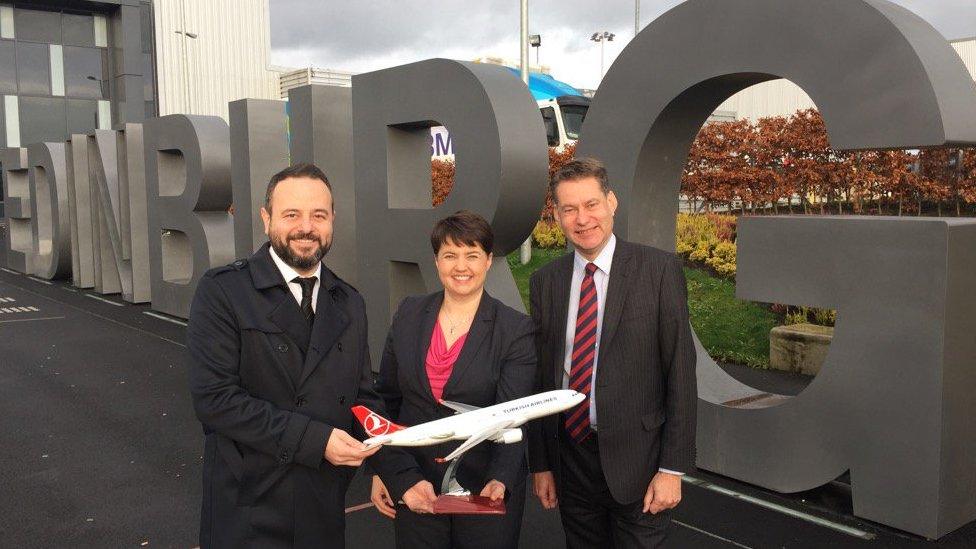Call for more detail over Scottish air departure tax plans
- Published
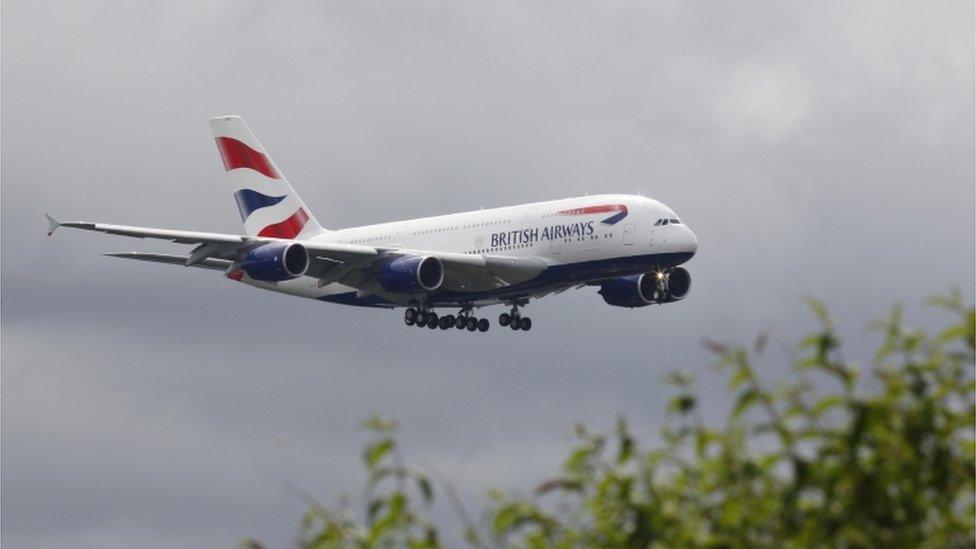
The Scottish government wants to halve Air Passenger Duty before ultimately scrapping it altogether
Tax experts have called for more detail to be included in the Scottish government's aviation tax plans.
The government wants to replace air passenger duty with an air departure tax, with a view to halving and eventually scrapping the levy entirely.
A bill has been lodged at Holyrood to set up the devolved tax, but it does not go into detail about rates.
The Chartered Institute of Taxation said more information should be included to allow for robust scrutiny.
Holyrood takes control of air fare taxes from April 2018.
The Scottish government published its Air Departure Tax (Scotland) Bill, external in December. It sets out how new devolved powers over taxation would be used, but does not go into detail on rates.
At the time, the government said the bill would allow it to "progress plans" to deliver a 50% reduction in aviation tax by the end of the current parliament, with the levy eventually abolished "when finances allow".
In a submission about the plans to Holyrood's finance committee, the Chartered Institute of Taxation (CIOT) argued that detail on rates should be included in the legislation.
'Robust and effective scrutiny'
Chairwoman Moira Kelly said it was important for the government to publish "as much detail as possible" in order to allow for "robust and effective scrutiny and greater clarity around what these reforms can deliver".
She said: "In particular, we think that there is a case to be made for using this legislation to outline who will pay what, when they will pay it and who will be exempt - as is the case in UK legislation.
"In the absence of information such as this, it is very difficult to say with any degree of certainty what benefits - if any - this change will make."
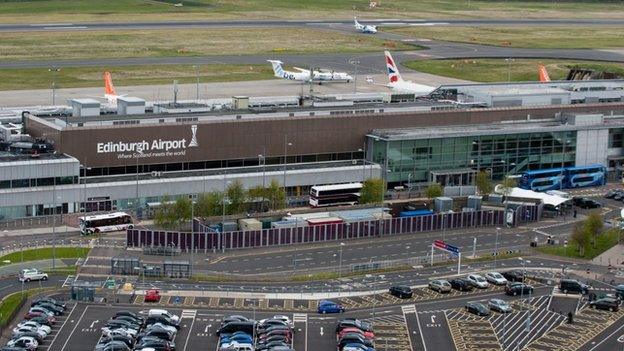
The tax plans have been backed by groups including airport bosses
She added: "We also believe that the Scottish government's case for reform can be boosted with the addition of independent, authoritative research into the social, economic and environmental benefits of ADT.
"Until now, the case for reform has been driven largely by those industries most likely to benefit directly from these reforms. Publishing an independent review to complement studies already undertaken by the aviation industry will add further transparency to the process."
The Scottish government argues that the tax cut could help open up new air routes, improve international connectivity and help Scotland access emerging markets.
'Particularly important'
A spokeswoman said: "UK Air Passenger Duty (APD) has been the most expensive tax of its kind in Europe and continues to act as a barrier to Scotland's ability to secure new direct international services and maintain existing ones.
"Our plan to cut Air Departure Tax (ADT) by 50% by the end of the parliament, and then abolish it when public finances permit, is a fundamental component to improving Scotland's international connectivity - which is particularly important in light of the economic uncertainty caused by the outcome of the EU referendum."
The Scottish Conservatives have backed the abolition of duties on long-haul flights.
They say the SNP plans "have merit", but believe targeting long-haul flights in particular would "deliver the best value for money", as they would incentivise airlines to put on new direct flights to Scotland from further afield.
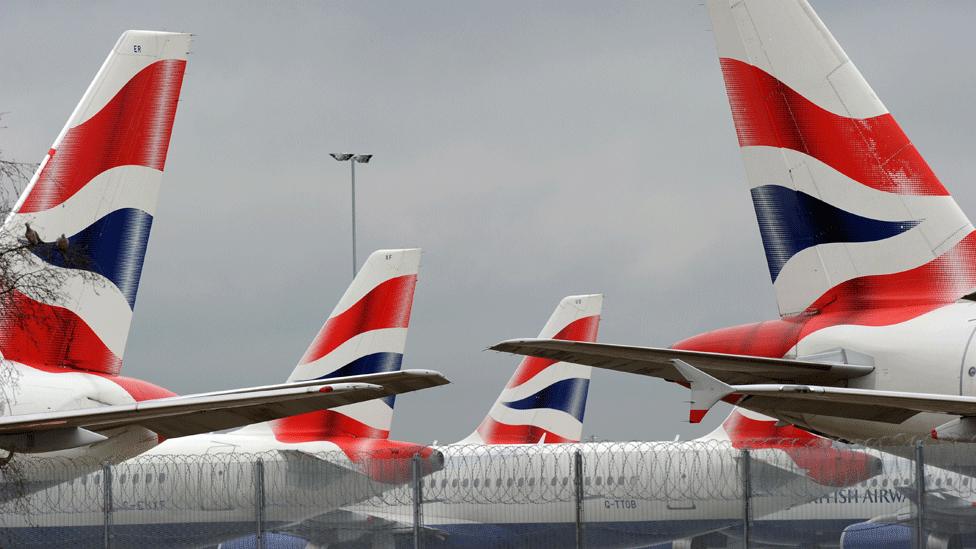
The Scottish government wants to halve Air Passenger Duty before ultimately scrapping it altogether
Labour and the Lib Dems backed the call for more detail.
Labour's transport spokesman Neil Bibby said the SNP had "not offered anywhere near enough detail" for what he called "a tax cut which will benefit the wealthiest the most".
He said: " The reality is that cutting Air Passenger Duty won't make Scotland fairer or greener. It would be the wrong move at the wrong time.
"We should be doing all we can to boost sustainable travel, encouraging people to travel on trains where possible for short domestic journeys."
Scottish Lib Dem MSP Liam McArthur said there needed to be "more transparency over why the SNP have decided to pursue this policy".
He said: "The Scottish government has consistently relied on evidence compiled for airlines and taken the advice of a stakeholder group made up almost entirely of industry representatives. Even Edinburgh Airport admitted recently that 'full and frank analysis' on cutting APD has been 'missing for some time'."
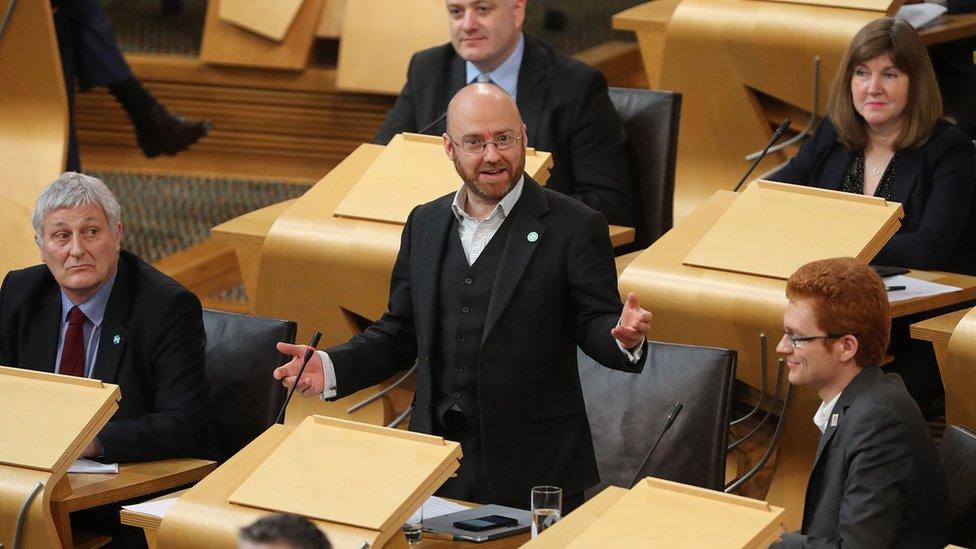
Patrick Harvie clashed with Nicola Sturgeon about aviation tax at her weekly Holyrood question session
Scottish Green co-convener Patrick Harvie questioned First Minister Nicola Sturgeon about the plans in the Holyrood chamber, warning that cutting taxes would increase emissions.
He also argued that not enough detail had been forthcoming during evidence sessions at the finance committee, of which he is a member.
He said: "What I found most astonishing in the evidence given by witnesses speaking in support of the government's proposal was that none of them seemed capable of producing a shred of credible evidence about what the impact will be on flight numbers, prices, job creation.
"They all produced different figures for that, mostly based on well out-of-date research and figures plucked from the air - the economy or public finances.
"The one thing that we do know about the policy is that it will be, in effect, a tax cut for a highly profitable, highly-polluting industry while public transport languishes. Is it not time to shelve the whole plan until the Scottish government has got anything approaching an evidence base?"
Ms Sturgeon replied that the changes would be "a tax cut for individuals and families who use air travel, including families going on holiday, who may welcome a reduction in the cost of their holiday".
She added: "In their evidence, those who support the policy have made clear statements about the impact of the policy in securing more routes from Scotland, more flights in and out of Scotland and more jobs in the industry."
- Published20 December 2016
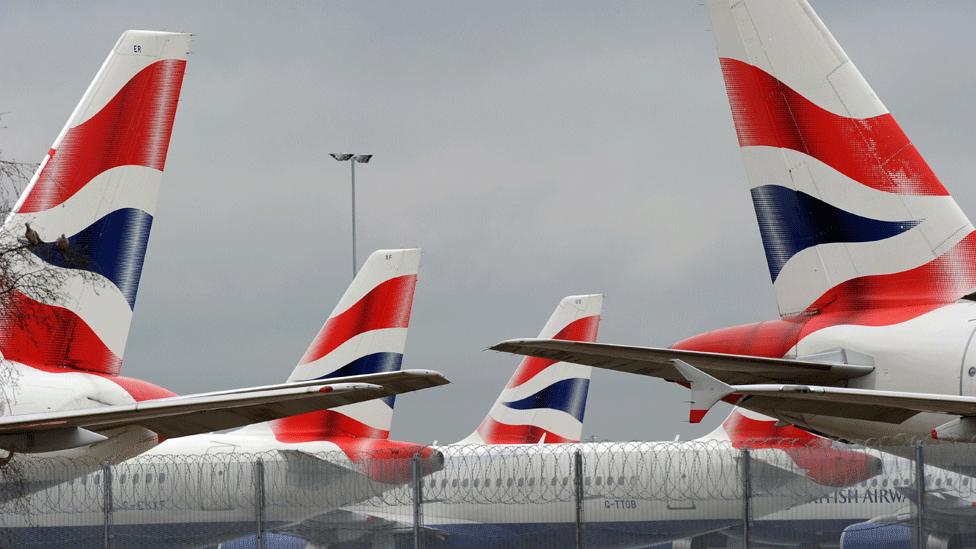
- Published9 December 2016
